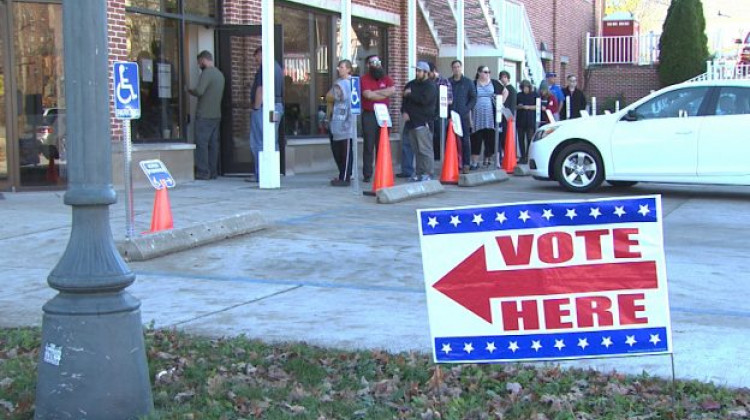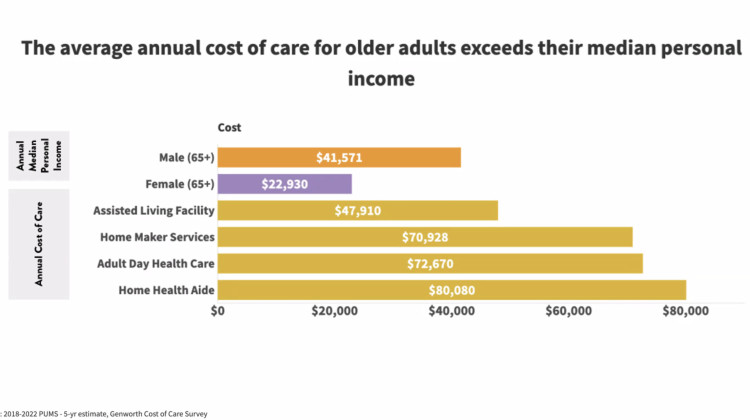
Indiana Democrats have called for Secretary of State Connie Lawson to ensure all Hoosier counties have paper backups for their voting machines. Lawson says she plans to ask the General Assembly for the funding to do so next year.
WFIU/WTIUA new report says states need to replace voting machines that can’t be independently audited – meaning, essentially, they don’t use paper ballots.
Indiana University President Michael McRobbie co-chaired the national committee that released the election security recommendations.
The National Academies of Science, Engineering, and Medicine released the report that detailed a series of proposed election security measures. Top of its list, says McRobbie, is the need to use voting machines with paper ballots.
“Paper ballots are evidence that cannot be manipulated by faulty software or hardware and they can be used to audit and verify the results of an election,” McRobbie says.
McRobbie’s commission recommends states try to move to paper ballot machines in the 2018 election – and definitely by 2020.
Indiana Democrats have called for Secretary of State Connie Lawson to ensure all Hoosier counties have paper backups for their voting machines. Lawson says she plans to ask the General Assembly for the funding to do so next year.
 DONATE
DONATE








 View More Programs
View More Programs


 Support WFYI. We can't do it without you.
Support WFYI. We can't do it without you.